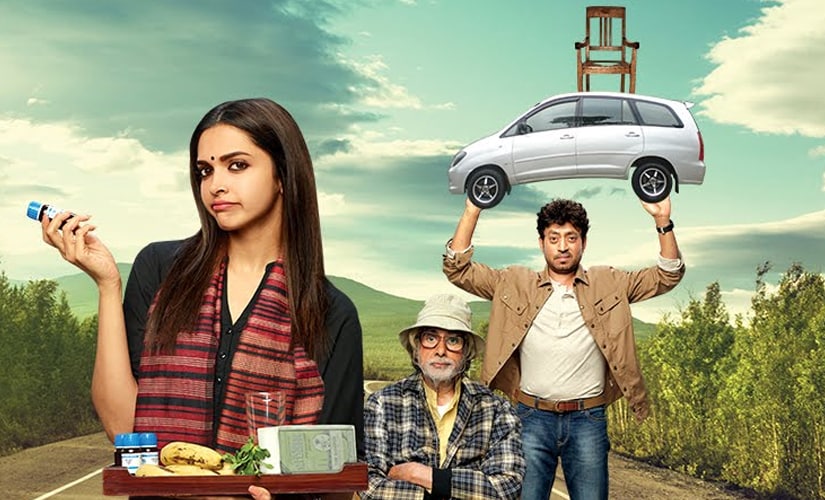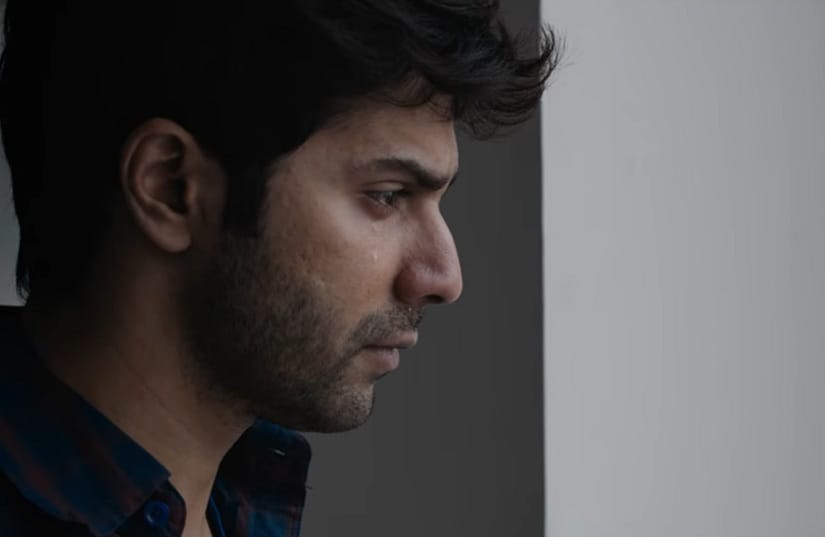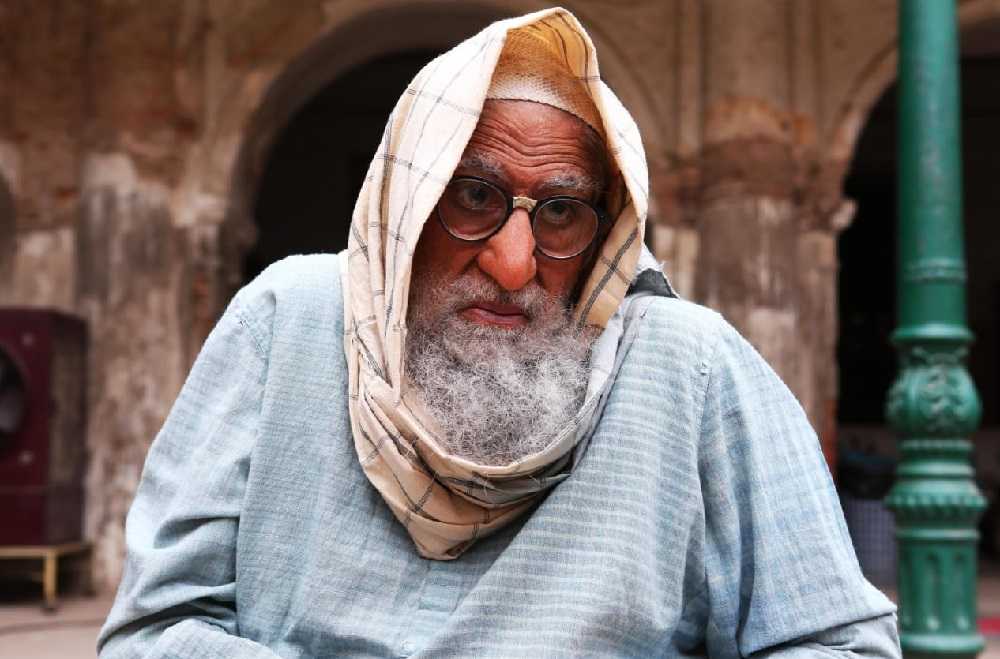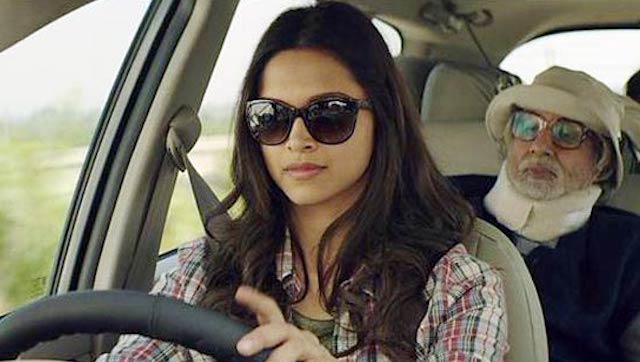There’s a moment toward the end of Shoojit Sircar’s Piku – a film which uses the Bengali preoccupation of constipation as a ridiculously entertaining metaphor for holding on and letting go – that speaks volumes about its attention to the act of caregiving. As they munch on a Kolkata kathi roll while out in the city, Piku (Deepika Padukone), the headstrong architect with a co-dependent, petulant father tells Rana (Irrfan Khan) that after a point, it’s impossible for parents to be alive by themselves. They have to be kept alive by their children. [caption id=“attachment_2570960” align=“alignnone” width=“825”]  The poster of Piku. Youtube screebgrab[/caption] Like most of the world around her, Rana struggles to understand Piku’s steadfast dedication to her father, refusing to view it as anything other than a sacrifice. He can’t seem to peel his eyes away from the life that Piku, a 30-year-old single woman, is quietly putting on hold while dedicating her days tending to the demands of an overbearing parent. The lines of selfishness and selflessness are very clearly etched out in his mind: Bhaskor (Amitabh Bachchan), Piku’s father is the former and she, the latter. But as a caregiver, Piku refuses to see her predicament in a similar fashion even when she becomes occasionally irritated by the life she is reduced to leading. In presuming that Piku has a choice, what the world fails to realise is that caregiving doesn’t come with an unsubscribe button just like parenting isn’t a choice. In that scene, Piku’s confession is the film’s biggest declaration: Caregiving is essentially reverse parenting. It is that stage in life where two lives merge into one. In that sense, caregiving isn’t a new concept in Hindi cinema, which is stacked to the brim with instances of ailing men and women. Take for instance, Pink, a film that Sircar produced and which also starred Amitabh Bachhan: A sub-plot revolved around Bachchan dutifully tending to his paralysed wife. As Pink shows, caregivers have usually been identified in Hindi cinema to accord them with a honourable reputation or as a way of assessing their loyalty. But rarely have films offered the caregiver a leading role in a way that helped deconstruct their roles not as a “duty” but as a stage in one’s life, akin to the change in seasons.
What Sircar and Chaturvedi’s films have managed to also do is measure the toll of being the one who has to care.
The politics of caregiving takes centre stage in October, Sircar’s follow-up to the wildly successful Pikua. The film, as metaphor-laden as Piku, although more meditative and ambitious in design, observes a year in the life of Dan (Varun Dhawan), a restless 21-year-old hotel management trainee who goes through a period of reckoning with his conscience. The roles are reversed in this film: An elderly mother (the brilliant Gitanjali Rao in her debut role) tends to Shiuli (Banita Sandhu), her comatose daughter. [caption id=“attachment_4409419” align=“alignnone” width=“825”]  Varun Dhawan in a still from October[/caption] Supporting her is Dan, the colleague of her daughter, who soon grows to be attached to Shiuli’s hospital bed, wrecked in part by a brand of survivor’s guilt. Even two years later, it’s impossible to arrive at a conclusion – without any reasonable doubt – whether Dan’s decision to leave his life behind to tend round-the-clock to Shiuli was selfless of him or if it was a selfish move. It is in October, that Sircar and his frequent collaborator and writer Juhi Chaturvedi’s gaze is at its most transparent. If in Piku, they establish the subtext of being a caregiver, here they go one step ahead and articulate caregiving as a zero-sum game, one where the losses are also the gains. Even the empathy that Sircar and Chaturvedi reserve for their older protagonists in Vicky Donor and Piku is more overt in October and the confrontation between the disparate worldviews of the young and the old forms the crux of these plots. All three films are also underlined by the development of a peculiar parental relationship, whether it is between a sperm donor and his doctor, a father and his daughter, or a grief-stricken mother and the young colleague of her comatose daughter. In their own way, these films, which have cemented one of Hindi cinema’s most exciting writer-director collaborations, offer a new definition of the coming-of-age film, one where the making of a man and a woman passes is incomplete without their paths intersecting with the aged. Also read on Firstpost: Shoojit Sircar's reel women — and their real avatars You can sense the presence of both these themes in Sircar’s sixth directorial outing, Gulabo Sitabo (his second film, Shoebite starring Amitabh Bachchan remains unreleased till date) written once again by frequent collaborator, Juhi Chaturvedi that releases this Friday. The Sircar-Chaturvedi flavour comes out instantly in the trailer: Just like Piku and October, the film appears to be character-led rather than plot-driven. Similar to Vicky Donor and Piku, the plot looks like it hinges on the lives of two extreme personalities intersecting in the most effortless ways. But more importantly, even here, the plot feels informed by the two distinct stages of life: youth and the loss of it. [caption id=“attachment_6857821” align=“alignnone” width=“825”]  Amitabh Bachchan in a still from Gulabo Sitabo[/caption] Set in Old Lucknow, Gulabo Sitabo introduces us to Mirza Sheikh (Bachchan), an old, nagging landlord who’s overly attached to his haveli and Baankey Sodhi (Ayushmann Khurrana), his young tenant who appears to be living under his roof without paying rent. As the trailer informs us, once Mirza decides to sell the haveli, he finds himself up in arms with Baankey (The film’s title is borrowed from a traditional Uttar Pradesh puppetry; Gulabo and Sitabo are two rival female puppets who can’t live with or without each other). Yet, it would also be foolish to assume that Gulabo Sitabo is the film that we see in the trailer, given that there is always more than what meets the eye in every Sircar outing. But it’s hard not to read in between the lines of the closing scene of the film’s trailer in which Baankey attempts to call truce by trying to convince Mirza to become his parent. What can be a better coming-of-age setup than that?


)
)
)
)
)
)
)
)
)



